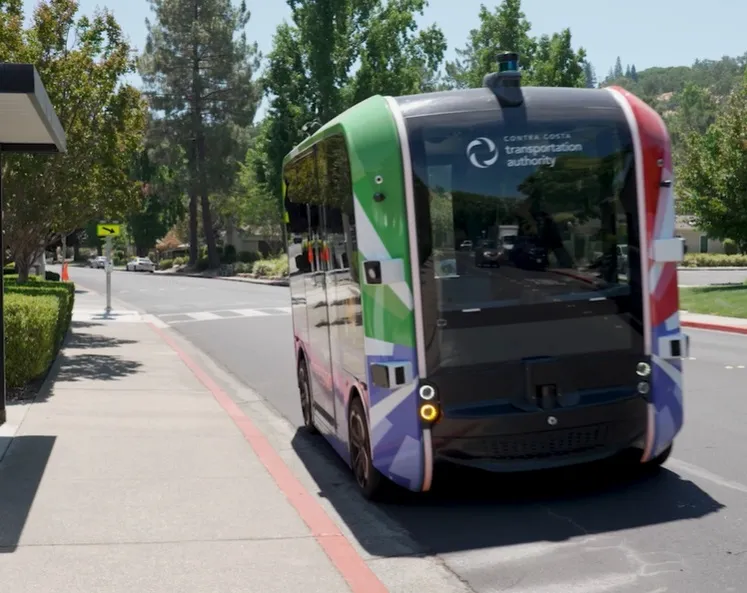Cubic Transportation Systems (CTS) has been awarded a $12.6 million contract by the San Francisco Bay Area Rapid Transit District (BART) to update its revenue management system.
The state-of-good-repair project includes ticket vending machines, add fare machines, fare gates and parking validator devices to extend the equipment life while providing new payment functionality that can be used in the future.
In addition, the new readers for BART’s equipment will have Europay, MasterCard and Visa (EMV)-co
September 2, 2015
Read time: 2 mins
The state-of-good-repair project includes ticket vending machines, add fare machines, fare gates and parking validator devices to extend the equipment life while providing new payment functionality that can be used in the future.
In addition, the new readers for BART’s equipment will have Europay, MasterCard and Visa (EMV)-compliant open payment capabilities for possible future use of contactless bankcard and mobile payments.
“The time and money it takes to procure a new revenue management system is significant and Cubic was able to demonstrate the millions of dollars in savings to BART riders and taxpayers by updating our current system,” said Paul Oversier, assistant general manager, operations for BART. “We will also be well-positioned to transition to next-generation payment technologies in partnership with the region.”
“Cubic’s equipment and systems, which have been validated throughout the world, help move more than 400,000 BART riders on a daily basis,” said Matt Newsome, senior vice president and general manager of Cubic Transportation Systems. “We look forward to continuing our strong relationship with BART and supporting them to maximise the full use of their system while continuing to offer riders a convenient and seamless travel experience.”









